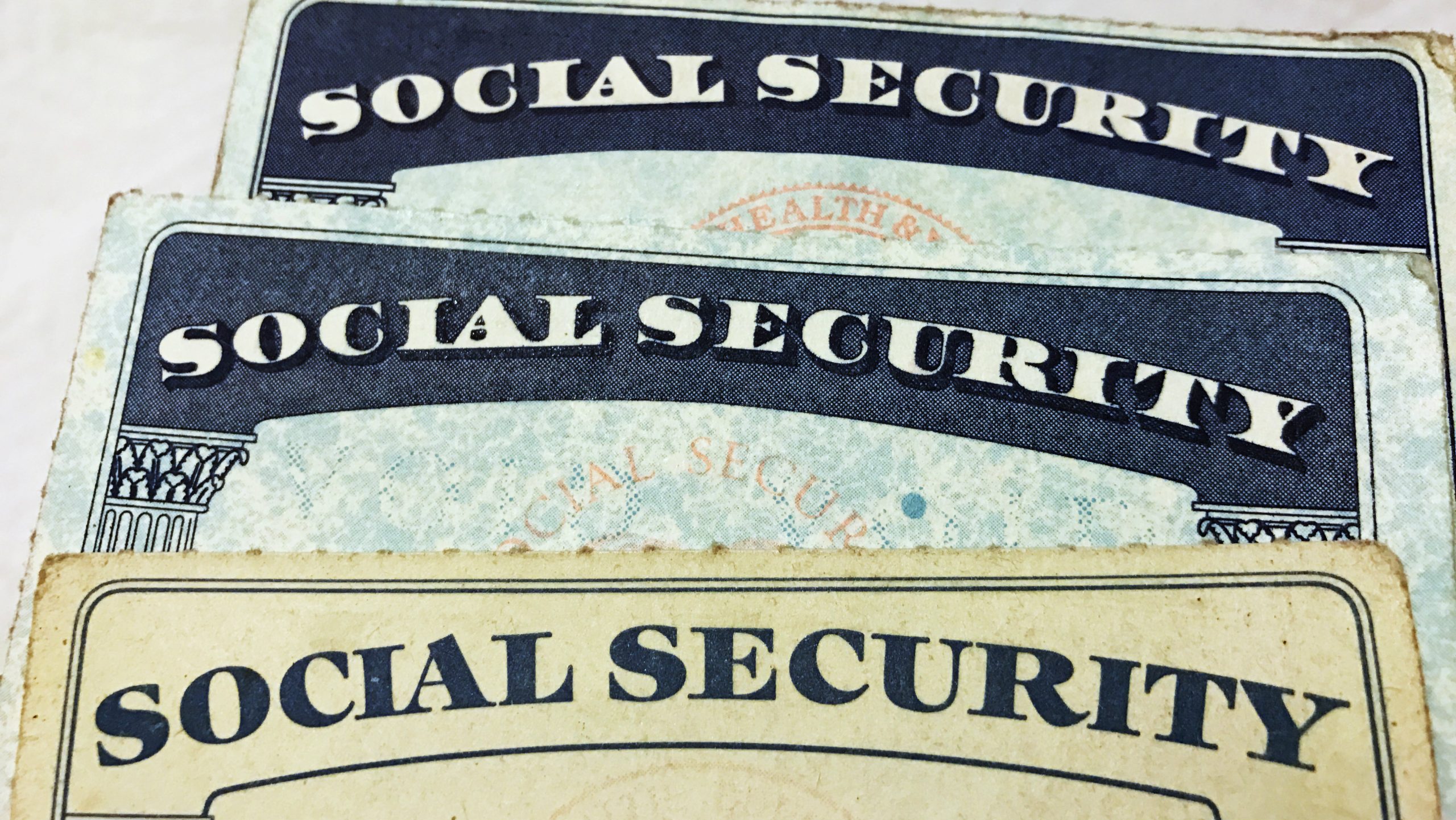Social Security, Disability Insurance and Supplemental Security Income
Social Security benefits are paid to eligible individuals that have attained the minimum retirement age, 62 or older. To be eligible for Social Security, an individual must have the requisite number of credits. Social Security credits are calculated based on an individual’s earnings and number of working years. A person is required to have 40 credits which are earned over a period of 10 year period. A person can earn no more than 4 credits a year. In 2021, a person may earn one Social Security or Medicare credit for every $1,470 in covered earnings each year. A person must earn $5,880 to get the maximum four credits for the year. The amount of earnings it takes to earn a credit may change each year.
Social Security Disability Insurance benefits are paid to individuals that have earned the required amount of credits for Social Security but have not reached the minimum retirement age and have become disabled.
Supplemental Security Income benefits (SSI) is a Federal program which is not funded by Social Security taxes. It provides monthly benefits to individuals to meet basic needs for food, clothing, and shelter. The base monthly federal amount varies depending on your living arrangement and income.
Social Security Benefits are Suspended During the Months of Imprisonment
Social Security retirement benefits, Social Security Disability Insurance (SSDI) and Supplemental Security Income (SSI) are not payable during the months that an individual is imprisoned for conviction of crime. All benefits, except Medicare and Medicaid, are suspended upon imprisonment for more than 30 continuous days. Benefits can be reinstated starting with the month following release from any further incarceration. Although you can’t receive monthly Social Security benefits while you’re incarcerated, benefits will continue to your spouse for children that remain eligible. SSI benefits are also suspended during a period of incarceration for more than 30 continuous days.
Social Security Benefits are Resumed Upon Release from Jail or Prison
Social Security benefits, including SSI and disability benefits, will resume in the month that a person in released from jail or prison. The payments will not start automatically. If benefits have been suspended, a request must be made to have them reinstated. In addition, a copy of release documents must be obtained to facilitate coverage without any lapse.
Medicare or Medicaid Benefits
Eligibility for Medicare Part A (Hospital Insurance) continues without any gap in coverage while you’re in prison. On the other hand, to keep Part B (Medical Insurance) activated, monthly premiums must be paid or coverage will be terminated. If coverage is interrupted because of incarceration and non payment of Medicare premiums, an application may be filed during the subsequent General Enrollment Period.
Avoiding Criminal Convictions and Jail
If you are charged with a crime, don’t expect the police, the prosecutor or court employees to help you. They do not represent you and unless they advise you to hire a lawyer, you may end up steering yourself into a brick wall. The good news is that most judges in the State of Michigan do not impose jail for the most prevalent crimes. A skilled criminal defense lawyer can explain how a misdemeanor or felony conviction and jail can be avoided. There are also special provisions of law to protect the rights of first time offenders and even for those with a prior criminal record.
 Michigan Criminal Lawyer Blog
Michigan Criminal Lawyer Blog


